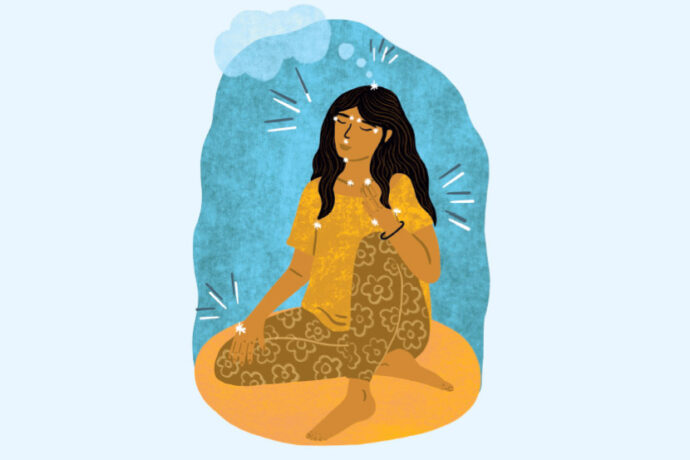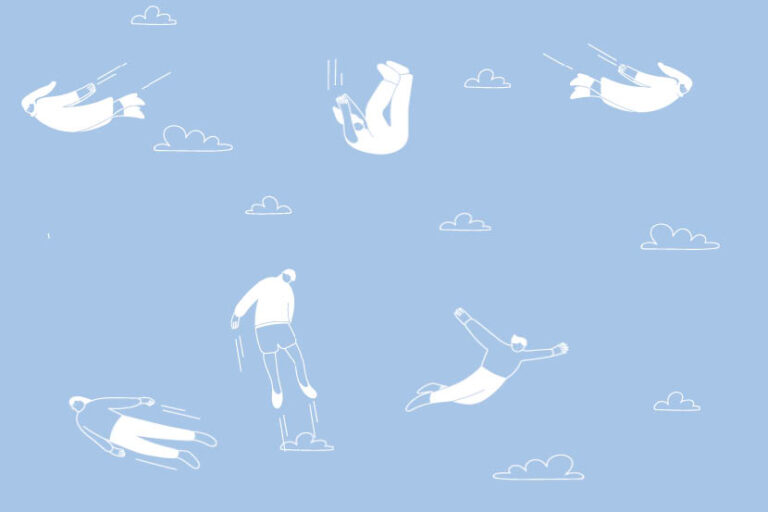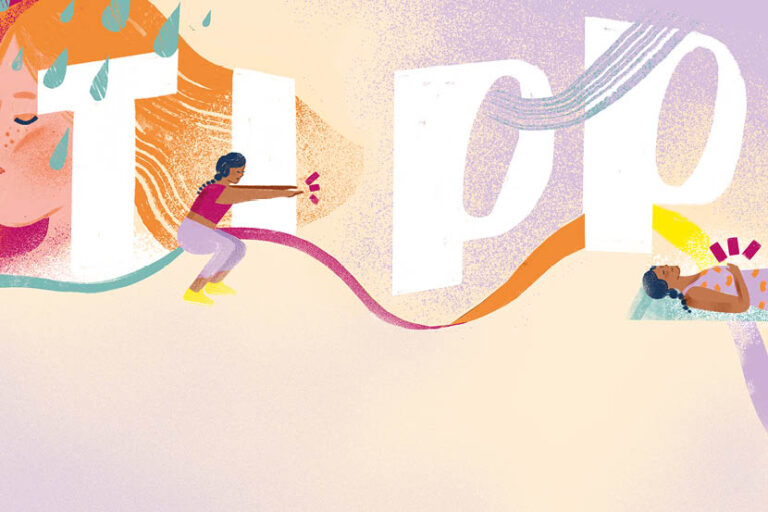
Do you ever feel like you’re just plain worn out? You drag yourself out of bed, exhausted, and by the end of the day you feel like you’ve run a marathon. No motivation, little energy, heavy head. But if it isn’t physical fatigue that’s causing it, why do you feel this way?
Each year 1.5 million Australians see their doctor about fatigue. While there are medical reasons in some of the cases, for many the accumulation of too many things and too much demand is simply squeezing the energy out of them. Some people thrive under pressure. It helps them to focus better on tasks and increases efficiency, but others need to control it carefully to avoid tipping point.
WHEN STRESS TURNS TO BURNOUT
Your mind has been in overdrive all day, work has been piling up and you’re now feeling crushed by the weight of never-ending responsibilities. You keep going, multitasking, inevitably losing focus and becoming more stressed. Most people have been there – you don’t want to let people down, yourself down, and there is no way you can allow yourself to take a break.
Refusing to slow down like this puts you at risk of chronic stress, which in turn can lead to burnout. Also known as overachiever syndrome, the term burnout was first coined by German-American psychologist Herbert Freudenberger in 1974. He used it to describe the consequences of severe stress brought on by people over-committing themselves and neglecting their own needs. Add to that the fact modern society recognises ambition and hard work, pushing people to challenge themselves to run faster, do better and be better, with little thought to the cost, and it’s no wonder more and more people seem to be suffering from burnout.
There are warning signs, some similar to depression: you feel helpless and disillusioned; you struggle to find motivation and interest in things that used to make you happy; you worry more and sleep less; eventually you are exhausted physically, mentally and emotionally; finally, you are left numb and empty. Before this situation becomes a reality, it’s time to pause, shift your perspective and see the situation as it is. Then accept you are not superhuman and stop pushing yourself beyond your limits.
Every so often, learn to stop when your mind feels cluttered and let off some steam. Take any opportunity for rest and regeneration. Treat yourself with compassion and find the strength to say no to tasks you might routinely accept. Everyone feels stress, it’s how you handle it that makes all the difference.
To achieve a healthy lifestyle, you also need to change the way you perceive your fatigue. Keep repeating to yourself how tired you are, and it can quickly become a self-fulfilling prophecy. Still, that doesn’t mean you should go into denial either. When your body is under pressure, it’s natural to listen to it and relax, and likewise, when your mind gets overloaded, it needs to rest.
Here are a few more ways to slow things down, combat the mayhem around you and re-energise…
Eat your way to energy
Too much stress depletes your body of nutrients leaving you exhausted, so avoid the tempting comfort food and opt for nutritious meals that will truly soothe you because of the specific vitamins, minerals and energy they provide.
Get some fresh air
Go for a walk, a bike ride or do some gardening and enjoy nature to boost your energy. Exposure to sunlight also helps ward off stress as you release the happy hormone serotonin. You will be surprised how revived you feel afterwards.
Learn to say no
It’s hard setting limits, but if you don’t, no one else is going to do it for you. Keep your expectations realistic and prioritise what’s important to you so you can make decisions based on what you want, rather than on what other people expect from you.
Use your time effectively
By managing your time efficiently, you will feel more focused and in control. Making a list and rating each item’s priority will help you structure your time so you can achieve the lifestyle balance you want.
Make time for yourself
Don’t assume that leisure is a waste of valuable hours – it is vital for a less stressful life. Time is valuable, but so is idle time.


















